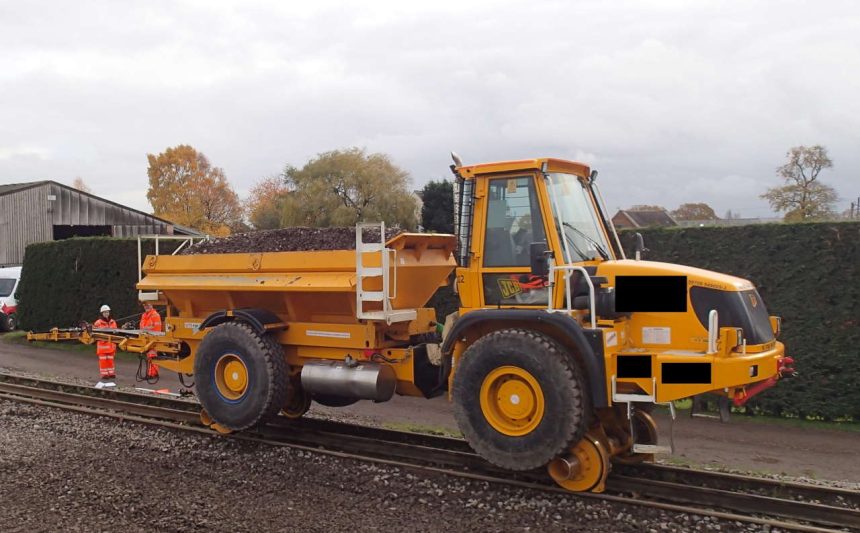Network Rail has been fined £1.4 million for a health and safety breach after a worker suffered catastrophic and life-changing injuries to his legs and spine.
An investigation by the Office of Rail and Road (ORR) found failings that led to the worker being crushed between the conveyor of a 25-tonne ‘Superboss' ballast distributor and a Kubota people carrier.
The worker lost 12 cm of bone in his left leg and 4 cm in his right leg, and the tendons and nerves of his right leg were irreparably damaged, causing permanent disability. A second worker suffered minor injuries to his wrist and shoulder from the collision.
The incident happened on 19th September 2018 on a 19-mile stretch of track between Crewe and Chester.
ORR prosecuted network Rail under sections 2(1) and (2) of the Health Safety at Work etc. Act 1974. At Chester Magistrates Court on Wednesday, 11th May Network Rail pleaded guilty and was fined £1.4 million, ordered to pay costs of £63,118.71 to ORR, and a victim surcharge of £190.
ORR's investigations found failings in Network Rail's management of the worksite. This included poor planning, failure to provide adequate supervision of the works, poor communication at all levels, and failure to provide adequate information, instructions, and training to safety-critical staff.
In sentencing Network Rail, District Judge Sanders stated the subsequent accident was as a result of many layers of failure within Network Rail. Judge Sanders said there was a failure in the planning, with a lack of clarity as to what was going on, failure in the supervision which was insufficiently robust, and there were operating failures by Network Rail.
ORR's HM Chief Inspector of Railways Ian Prosser CBE, said:
“The injuries sustained to a Network Rail employee on 19 September 2018 were horrendous and have had a devastating impact on him and his family, to whom we offer our heartfelt sympathies.
“The incident was caused by totally inadequate supervision of the task at all levels.
“Nobody was making sure that those under their supervision had been following safe working practices, which led to this incident that could easily have been avoided.”
